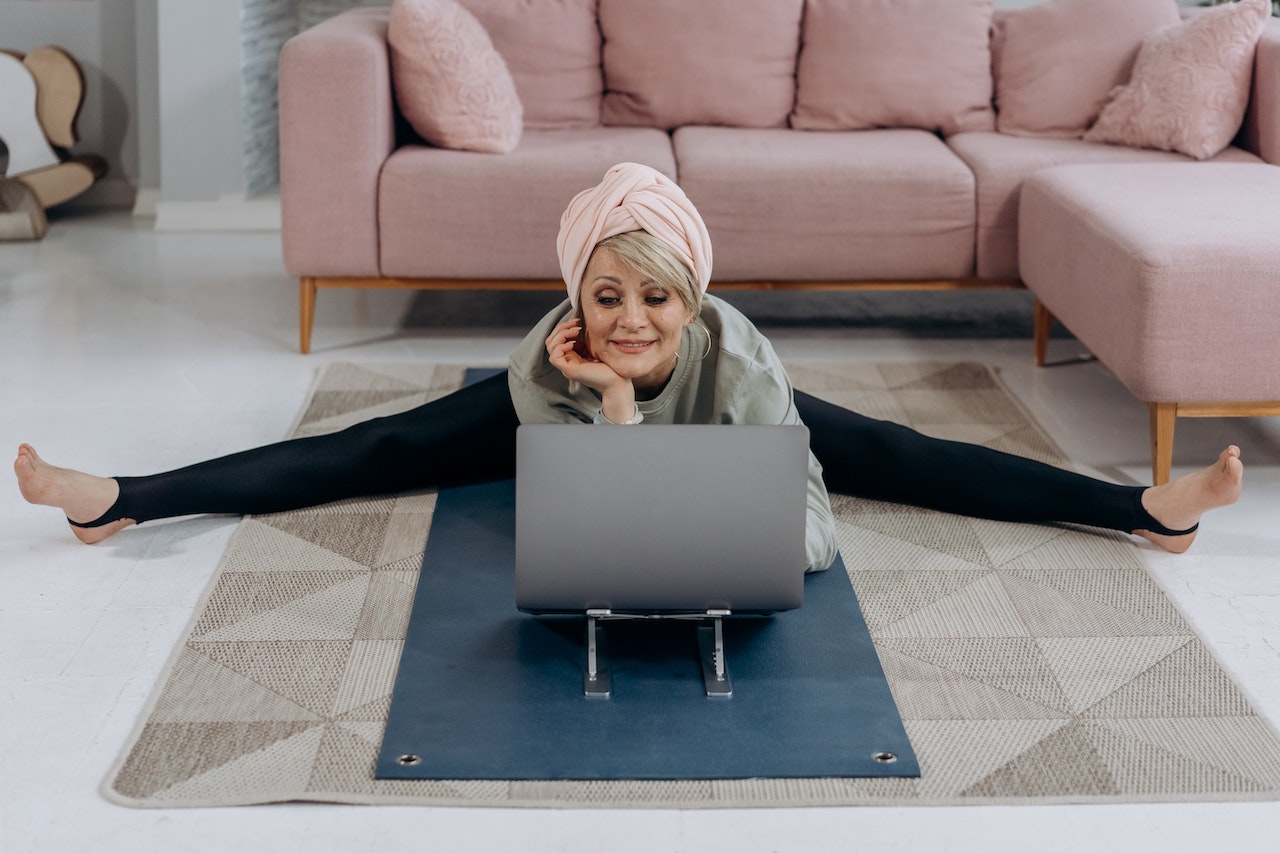
Ladies, it’s coming for all of us. Menopause. Maybe not today. Maybe not tomorrow. But no matter what your age is, if you have ovaries, it’s coming someday.
You may have heard about what the symptoms are. You might even be experiencing some of them. Your menstrual cycle is all over the place. You can’t sleep. Your mood is up and down at the drop of a hat. And let’s not forget about those lovely hot flashes.
I wish I could tell you that regular exercise would make this all go away. There is not enough evidence to prove this theory.
But I can tell you this.
Regular exercise in any form does a lot of good things for your body and your mind. And this all works through menopause, too.
As I approach my 45th birthday, this topic has come up more than once among myself and my lady friends.
So let’s talk about it.
Our bone density already begins to diminish over time, and when we hit menopause it can decrease even more.
With menopause comes estrogen loss. Estrogen helps to protect our bones. Decreased bone density makes bone fractures more likely to happen, easier. And when our bone density decreases to the point where we have osteoporosis, even the simplest bump can cause a fracture.
Our muscle mass also starts to decrease as we age.
According to the North American Menopause Society, our muscle mass begins to decrease annually by 1% somewhere around age 30. That may not sound like much, but fast forward 20 years to age 50. Twenty percent of the muscle mass we used to have is now gone if we don’t do anything to maintain it.
And because muscle mass decreases as we age, guess what else decreases with it? Our metabolism. Lean muscle burns calories in our bodies, especially when we are at rest. The less muscle you have, the less calories you will burn. This means body fat percentage is very likely to increase, especially if we do not adjust our eating habits to account for this.
So where does fitness fit in?
Any form of exercise can fight decreasing bone and muscle.
Weight-bearing exercise (think walking or running) and strength training are especially good at this. Strength training can maintain and/or increase muscle mass while weight-bearing exercise, as well as strength training, will help hang on to bone density.
As I said, there is not enough evidence to prove that regular exercise will help ease the symptoms of menopause. However, there is lots of evidence that physical activity can boost mental health. That could include fighting those pesky mood swings we can get.
There is also lots of evidence that regular exercise can improve sleep. That could include those awful sleep disturbances we can get too.
And decreasing hot flashes? A study was published in July 2016 entitled ‘Exercise Training Reduces the Frequency of Menopausal Hot Flushes by Improving Thermoregulatory Control’. The researchers found among their study participants, those who worked toward improving their cardiorespiratory fitness (again, think walking and running), reported a decrease in hot flushes during their 16-week study. While one study is not enough hard evidence to prove that exercise will decrease hot flashes, studies like this one show us that it is a possibility.



